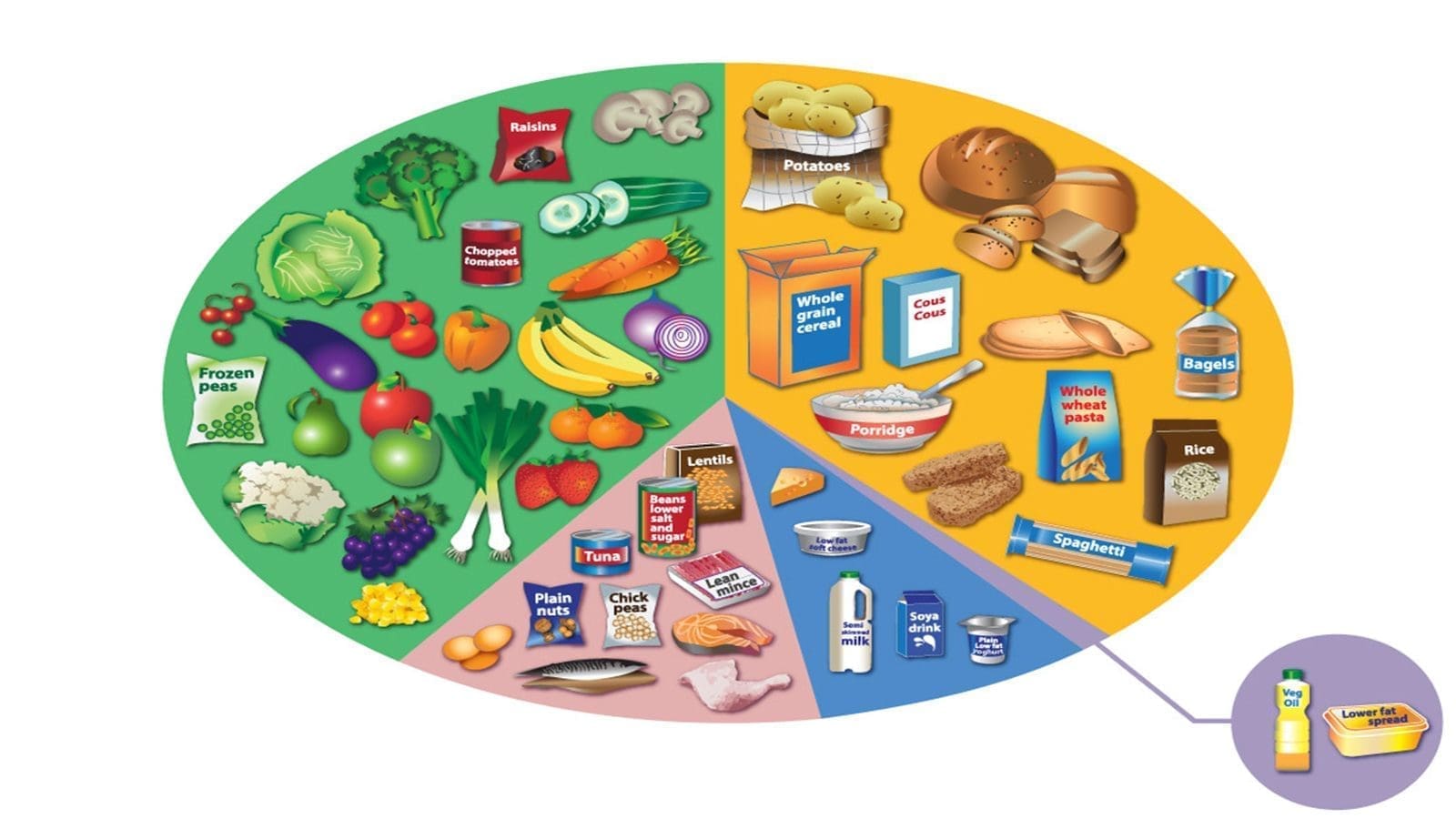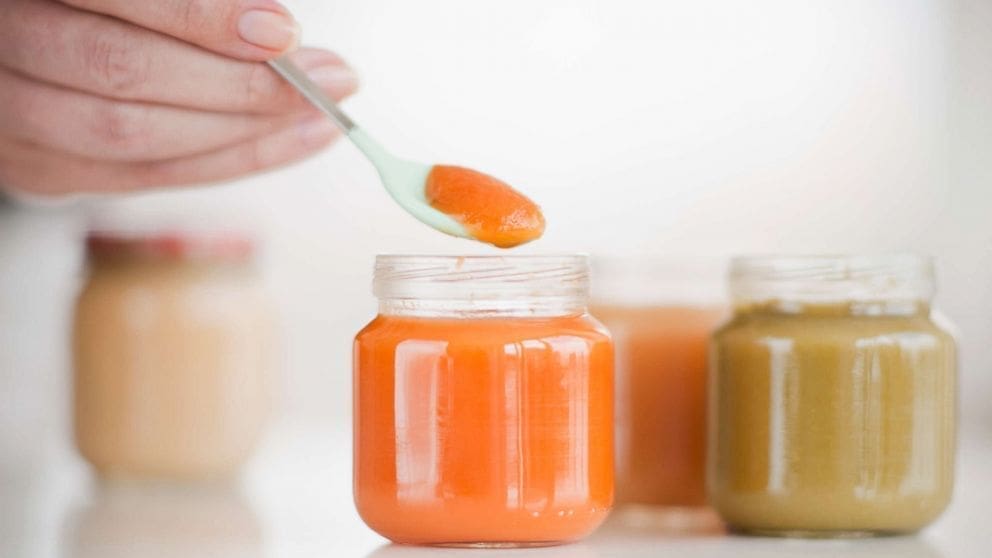SCOTLAND – To help tackle Scotland’s poor diet and support those making changes, Food Standards Scotland (FSS) has partnered with other organizations, to develop a new online guide called Eat Well, Your Way.
According to FSS, making small changes to the diet is the key to a healthier lifestyle. The average daily intake of fruits and vegetables in Scotland is only 2.9 portions, compared to the recommended 5 a day.
As such, FSS says making bigger changes or setting difficult food goals could be unachievable for some Scottish households.
The new FSS campaign will feature a TV advertisement, outdoor media, experiential activity in shopping centres and a highly targeted digital campaign.
With the aim of encouraging people to make simple changes to help improve their diet, Eat Well, Your Way offers a variety of straightforward steps and useful advice.
The guide also caters for those shopping on a tight budget and consumers who are more sustainability-conscious.
According to Dr Gillian Purdon, Head of Nutrition at FSS, trying to make too many changes at once to our diets and eating habits can be overwhelming.
“Eat Well, Your Way encourages people to make small, manageable changes to their diet, in ways that suit them. This is a new resource which focuses on practical advice on how to adopt healthier options,” she said.
She noted that the guide is designed so that people can find inspiration and make changes that suit their circumstances, as making lots of changes at once isn’t always sustainable.
“This guide offers a realistic way to help people work towards new healthier food goals,” she said.
With plans to further tailor and evolve Eat Well, Your Way in the coming months, the first roll-out of the guide contains advice on shopping, cooking and eating out – areas where FSS hopes people can make simple, meaningful changes.
“We have known for a long time that improving dietary health in Scotland represents a huge challenge and the pandemic brought into focus how this can make us susceptible to serious disease. Discretionary foods continue to represent far too high a proportion of our shopping baskets, and purchases on promotion continue to be skewed towards these products,” Dr Purdon added.
However, she said, it’s important to highlight that this campaign is not a move away from the Eatwell Guide but a realistic way to help people make healthier food and drink choices.
According to Dr Julia Allan, Senior Lecturer in Health Psychology at the University of Aberdeen, and who helped develop Eat Well, Your Way, eating is about much more than nutrition.
“People make choices about what to eat based on lots of factors – how it tastes, what it costs, how they’re feeling, who they’re with, and so on. In many cases, people don’t really ‘choose’ at all – they eat what’s on offer, what’s convenient at the time and what they can afford,” she said.
She noted that Eat Well, Your Way takes this into account and acknowledges that it can be difficult to make healthier choices.
“The new guide supports people to make small, positive changes to what they eat and drink and offers evidence-based ways to get motivated, take action and build healthier habits,” the Lecturer said.
“This guide offers a realistic way to help people work towards new healthier food goals.”
Liked this article? Subscribe to Food Safety Africa News, our regular email newsletters with the latest news insights from Africa and the World’s food safety, quality and compliance. SUBSCRIBE HERE








